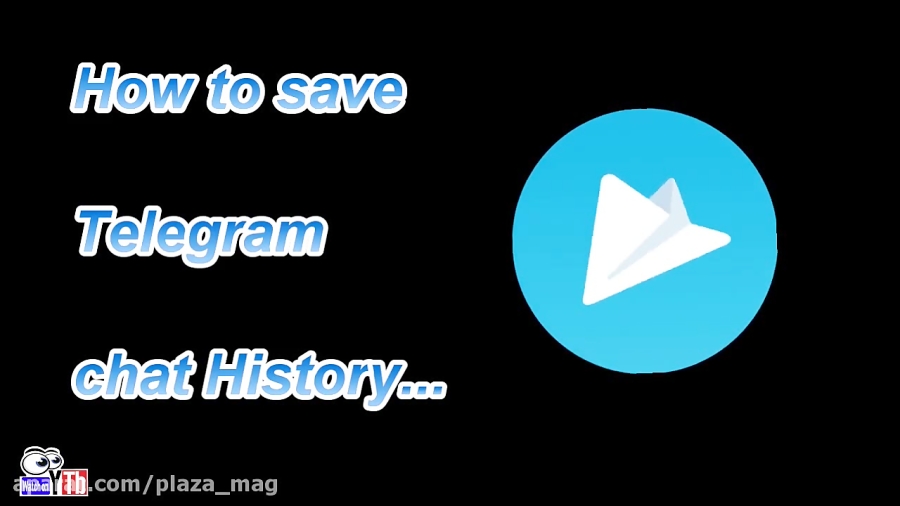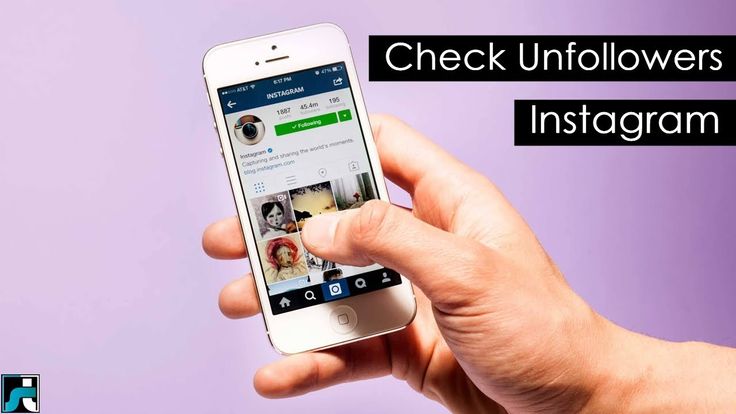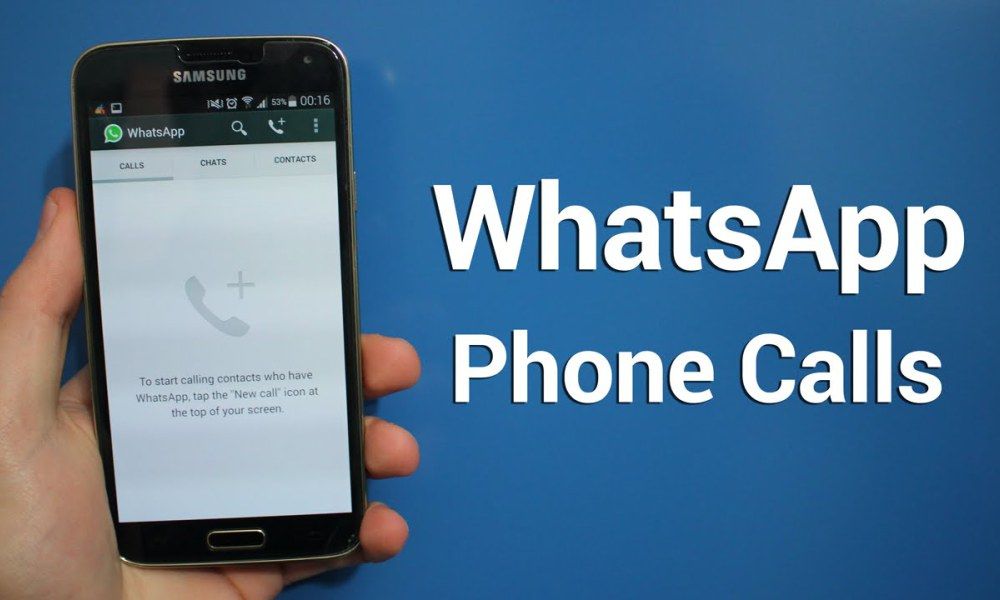How does viber app make money
The Viber Business Model – How Does Viber Make Money?
Executive Summary:
Viber is a multiplatform messaging application that is available on a variety of devices and operating systems.
Viber makes money via fees generated from its business account, subscription fees for international calls (Viber Out), as well as ads shown within the app.
Founded in 2010, Viber has grown to become one of the world’s most downloaded messaging platforms. In 2014, it was acquired by Rakuten for $900 million.
What Is Viber?
Viber is a multiplatform messaging application that is available on a variety of devices and operating systems.
Users can communicate with each other in a variety of ways, either by text message, voice calling, or video conferencing. On top of that, users can either create or use already pre-existing GIFs.
Using Viber Out, users can also call any number in the world, even if it’s not registered on the platform.
Chats can either be organized one-to-one or in groups. Users can, furthermore, join open communities where they can exchange messages with like-minded individuals.
Viber also puts a heavy emphasis on security. For instance, communication is end-to-end encrypted and users have the ability to either delete or create disappearing messages.
Apart from personal usage, businesses can also be part of Viber’s platform. They can use it, for example, to answer customer queries.
Viber is accessible on desktop as well as smartphone and tablet devices (available on Android and iOS). Messages are automatically synced across all your devices.
Who Uses Viber?
Viber has a particularly strong adoption rate within Eastern European countries. For instance, according to data from SimilarWeb, it is the most popular messaging app in Ukraine.
Other countries that have widely adopted Viber include Greece, Poland, and Romania. It is also considered to be the second most popular messaging app in Russia (and only trailing behind WhatsApp).
How Viber Started: Company History
Viber, headquartered in Luxembourg, was founded in 2010 by Israeli entrepreneurs Talmon Marco and Igor Magazinnik.
The two founders met each other during their mandatory military service for Israel’s Defense Forces where both worked as chief information officers.
In the late 1990s, after graduating from, the two founded iMesh, a subscription-based media and file sharing service, which eventually competed against the likes of Napster and LimeWire.
They managed to grow the business to millions of dollars in revenue. iMesh itself was operational until June 2016 when it was shut down due to its inability to compete against Spotify and other streaming giants.
However, both Marco and Magazinnik had already moved on to bigger and better things. Back in the mid-2000s, Marco had moved from Israel to New York.
Unfortunately, his girlfriend at the time was residing in Hong Kong, which led to excessive phone bills. Moreover, existing solutions like Skype were characterized by poor call quality and excessive lags.
His personal frustrations, as it’s often the case, were what led him to commence work on Viber together with Magazinnik. Luckily, both founders had amassed enough income from iMesh to be able to fund the launch of Viber (alongside friends and family who provided some additional funding).
In December 2010, after months of hard work, they finally unveiled Viber to the public. At first, they only introduced an app for the iPhone.
Right from the get-go, they put great emphasis on counter-positioning themselves against the likes of Skype. For instance, Viber allowed you to import all of your phone’s contacts while Skype, which dominated the app store back then, required you to create usernames and didn’t properly sync with your phone. On top of that, the quality of the calls was just leaps and bound ahead while also being light on the phone battery.
Within days of the launch, more than three million people already downloaded the app. By February 2011, Viber had over 10 million users.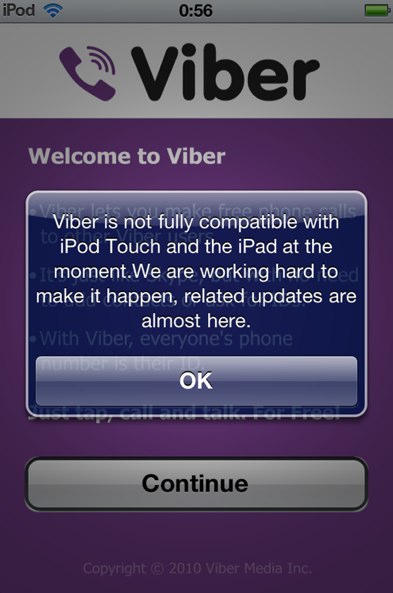 Weeks later, in March, the company introduced its first major update which enabled users to message each other. Prior to that update, VoIP calls were the only means of communication.
Weeks later, in March, the company introduced its first major update which enabled users to message each other. Prior to that update, VoIP calls were the only means of communication.
Then, in July, the team finally released an Android app. This allowed Viber to grow from 20 million users to more than 30 million within the span of three months. Further growth was aided by additional updates, including allowing users to send and receive photos as well as sharing their location.
In May 2012, the same month it released apps for Blackberry and the Windows Phone, Viber’s CEO Marco had a small altercation with the police. Using VoIP during a flight had been banned by the Federal Aviation Administration (FAA) since 2008.
Luckily, this minor setback didn’t stop the company from continuing to grow. Over the course of 2012, the team continued to churn out new features. By September, less than two years after launching, it reached the inaugural mark of 100 million registered users.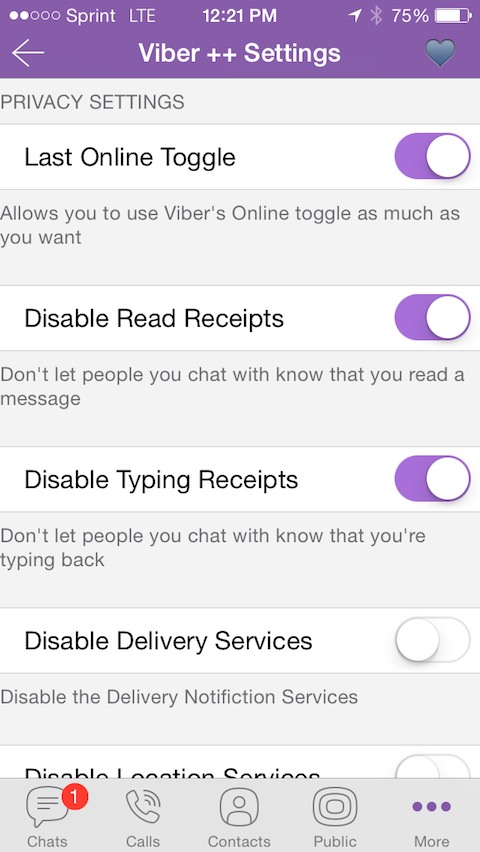
In May 2013, it had already managed to double that number (alongside launching applications for both Windows PC and macOS). A month prior, researchers uncovered a major security flaw in the app which allowed hackers to take full control of phones even when they’re protected by screen locks.
The firm’s continuous growth eventually culminated in its acquisition by internet giant Rakuten. In February 2014, the Japanese company paid $900 million to acquire Viber, which had over 300 million registered users at that point.
Ironically enough, just days after the acquisition went through, Facebook announced that it had purchased Viber’s rival WhatsApp for a whopping $19 billion.
Both Viber and WhatsApp, at that point, were global powerhouses that acted as essential means of communication for billions of people. For instance, people affected by the wars in the Middle East used Viber to simply stay in touch with family and friends. The flipside of the coin was that the platform was also allegedly used by terrorist organizations like ISIS to help them organize.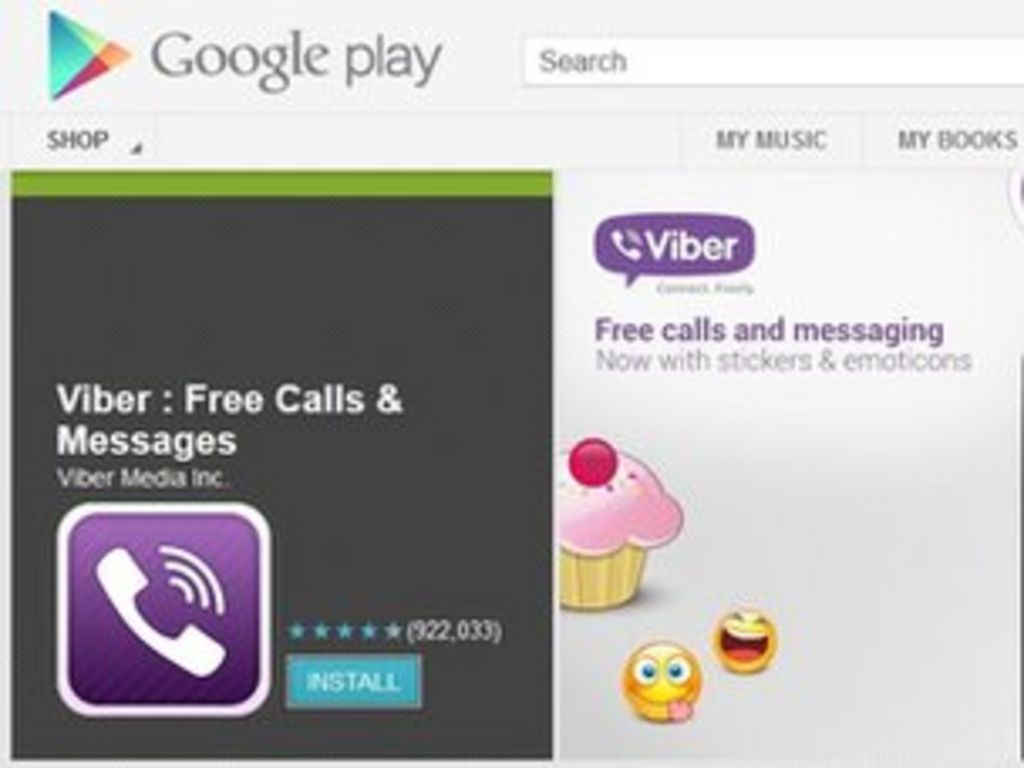
In October 2014, Viber furthermore joined the likes of Google, Facebook, and other tech giants when the Chinese government blocked its service.
Towards the end of 2014, the company announced two major moves that would massively extend the means by which Viber was used. First, it introduced Public Chats, which would allow users to read conversation streams from celebrities and other public personas (essentially a text-based Clubhouse).
Then, a month later, it introduced a social games platform that allowed users to play various games against each other. To that extent, Viber made its first acquisition by purchasing Nextpeer, a social gaming startup that offers developers an SDK to incorporate social gaming features into their apps, for $9 million.
The acquisition was inspired by WeChat and LINE, two competing messaging platforms which drew a significant portion of their revenue from in-game purchases. Viber, when the acquisition was announced (July 2015), counted over 600 million users.
Another major announcement came in April 2016 when Viber finally introduced end-to-end encryption to its platform. Competitors like Signal had made a name for themselves by being privacy-first and offering secure messaging right from the get-go.
Months later, in November, Viber also introduced Public Accounts for all types of businesses and brands. These accounts would allow companies to directly engage with customers. Yet again, it took inspiration from WeChat and LINE which offered business account options since 2014 and 2015, respectively. With 800 million registered and 266 million monthly active users, Viber was certainly big enough for money companies to consider using it.
In February 2017, Viber announced the appointment of a new CEO. Both Marco and Magazinnik had left Viber in 2015 (to start a ride-hailing platform called Juno), leaving the company without a CEO for over a year. Djamel Agaoua, an executive with decades of experience in advertising, became Marco’s replacement.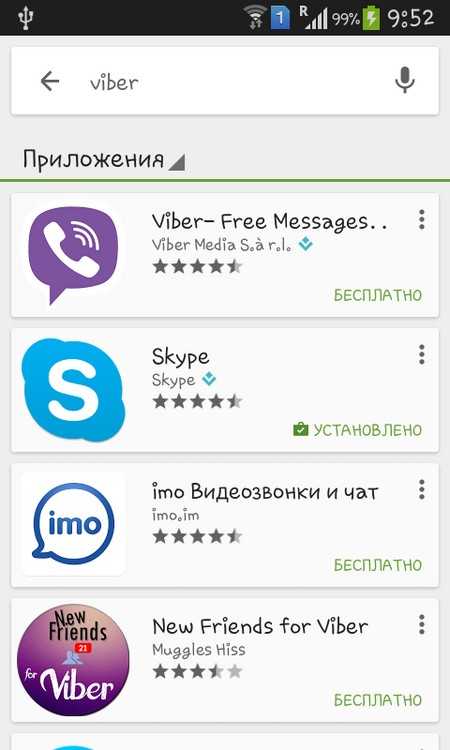
His focus was largely put towards reigniting growth as Viber’s user numbers remained flat for the past months. The United States, as an example, became one of the markets where he still saw potential.
One way in which that growth was to be achieved was to copy features that helped other social platforms to become national powerhouses. At the time, Snapchat was one of the most exciting social media apps. Viber certainly took a page out of Snap’s playbook by introducing disappearing texts, photos, and videos right after Agaoua’s appointment.
Simultaneously, Viber also launched in-app shopping features by partnering with Macy’s and Rakuten.com (which was formerly known as Buy.com, which Rakuten had acquired back in 2010). To that extent, Viber made its second acquisition by purchasing Chatter Commerce, the startup that helped Viber build its shopping feature.
The acquisition as well as a slew of new updates and partnerships (such as integrations with Spotify and YouTube) propelled Viber from 891 million users in March to 950 million in September 2017.
The company capped the year off by officially rebranding into Rakuten-Viber and trying to use Viber’s platform to distribute more of Rakuten’s services, and vice versa. For instance, Rakuten was sponsoring FC Barcelona at the time, which led the club to launch a channel on Viber’s platform where it would engage with fans.
In 2018, Viber finally managed to reach one billion registered users. Most of 2018 and 2019 were spent adding new features and partners to the platform. However, it did so at much slower speeds compared to previous years, either indicating that there wasn’t much innovation to be had in the messaging space or that Rakuten didn’t want to commit the necessary resources to a staling and likely loss-making platform.
In June 2020, the company made news again by joining the boycott against Facebook, which refused to ban former President Donald Trump. As such, it removed all integrations with Facebook and its associated companies, including Instagram as well as GIPHY (which Facebook purchased earlier that year).
It doubled down on its political activism by closing down its Minsk office in August 2020, saying that it can’t work in a repressive country. 2020, furthermore, ended up being the first year in which Viber finally was profitable.
At the turn of the new year, Viber received an unexpected boost in user numbers after a public outcry against WhatsApp. The messaging service had made a change to its privacy policy, which prompted millions of people to join competing platforms like Signal, Telegram, and, you guessed it, Viber.
In 2021, the company shifted its focus back from growth at all costs towards continuing on its profitability path. To that extent, it began introducing more and more services, which would essentially keep users tied to the app.
For instance, in June, Viber announced a partnership with Snapchat which would see the latter new AR Lenses as well as Bitmojis to the messaging platform. Unfortunately, in September, longstanding CEO Agaoua announced his departure from the company.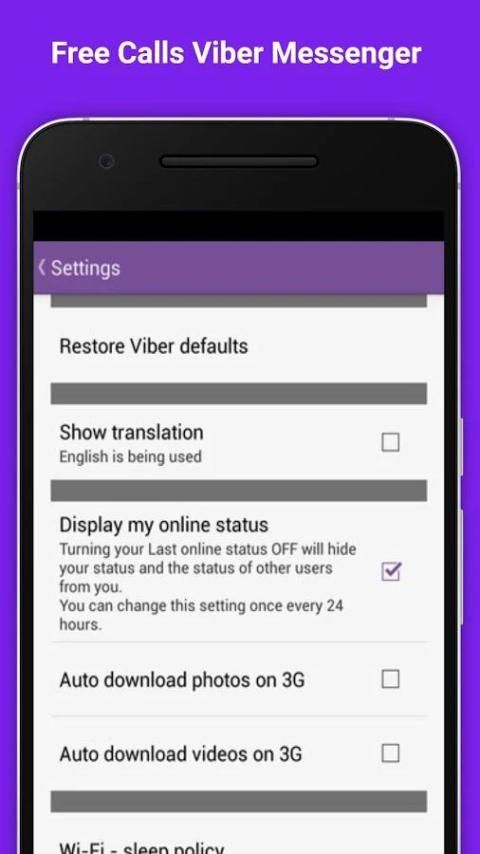 Ofir Eyal, who first joined Viber as Vice President of Product in 2014, became his replacement.
Ofir Eyal, who first joined Viber as Vice President of Product in 2014, became his replacement.
How Does Viber Make Money?
Viber makes money via fees generated from its business account, subscription fees for international calls (Viber Out), as well as ads shown within the app.
Let’s take a closer look at each of these in the section below.
Business Accounts
Viber generates income from fees associated with its business accounts. Dubbed Viber for Business, these accounts allow companies to interact with customers and answer any outstanding queries they have.
Examples include things like customer care, providing delivery updates, offering products and services within the conversation, or promoting new offerings.
Conversations are either managed by a person or through Viber’s own chatbots. These chatbots can even be developed in-house by the brand partner itself.
The fees that a business partner pays are dependent on the number of messages sent. Unfortunately, Viber does not publicly disclose how its fee structure is set up.
Unfortunately, Viber does not publicly disclose how its fee structure is set up.
In February 2019, TechCrunch published an article that highlighted a controversial change in Viber’s pricing strategy. Going forward, Viber would charge operators $4,500 per month for the ability to send up to 500,000 messages to users (and $6,500 for up to one million messages).
Small startups, in particular, were affected by those changes as they simply couldn’t afford the proposed fees.
However, it can be assumed that the above-mentioned fees roughly stayed the same. In the past, Viber has worked together with brands like Coca-Cola, the WWF, Foodpanda, and others.
International Calls
Another source of revenue for Viber is its Viber Out product, a subscription offering that allows users to make international landline calls to almost anyone.
The subscription plan grants you unlimited calling hours to mobile and landline phones in over 60 countries.
Viber Out starts at $5. 99 per month. Alternatively, users can also purchase individual packages if they intend to make just a few calls.
99 per month. Alternatively, users can also purchase individual packages if they intend to make just a few calls.
Much like any modern-day subscription, Viber Out can be canceled at any time. For its single packages, Viber grants users a certain amount of credits they can use.
Interestingly enough, compared to many of its major competitors, which include WhatsApp, Signal, or Telegram, Viber is the only one offering such a service.
It, therefore, allows them to attract users that, for example, seek to connect with family members from back home who don’t have a mobile phone.
Ads
Lastly, Viber also makes money from displaying a banner and other types of ads throughout its mobile and desktop apps.
To serve those ads, Viber uses your IP based-location, age, the device used, messaging activity, gender, and a few more data points to display ads. However, users can opt out of allowing Viber to use one’s age and gender for those targeted ads.
Advertisers then set a budget and pay a small fee whenever a user either sees (i. e., impression) or clicks on an ad.
e., impression) or clicks on an ad.
According to The Next Web, Viber currently derives 20 percent of its revenue from ads. The remaining 80 percent is equally split between its business account fees and Viber Out subscription income.
How Does Viber Make Money?
Contents
- 1 Why is Viber Free?
- 2 Is Viber Profitable?
- 3 How Viber Makes Money
- 4 Conclusions
Viber is a VoIP (Voice over IP) and messaging app that allows making calls and sending messages without charge to the user. Viber provides free services to more than 1000 million users. How then, does it make money? What are the sources of company income?
Why is Viber Free?
Here are several points of Viber history:
- In 2010, Viber was launched as a free VoIP (Voice over IP) app for iPhone.
- In 2011, instant messaging appeared.
- In 2012, Viber introduced a version for Android.
- In 2013, Viber launched Viber Out for international calls.

Viber founders are Talmon Marco and Igor Magazinnik, who are businessmen from Tel Aviv, Israel. They developed the app using private investments from themselves, and their friends and family members (about $20 million). In 2014 Rakuten, Inc. acquired Viber for $900 million. So, the initial investments really paid off.
Since 2014 the number of unique Viber users has increased from 495 million (December 2014) to 1095 million (March 2019).
In 2017 Rakuten re-branded Viber’s name and logo.
Viber is among the most popular instant messengers for mobile (iOS, Android) and desktop (Mac, Windows, Linux) devices.
Read our article “Viber vs WhatsApp – Which is better?”.
What measures does Rakuten take to recoup its investment? How does Viber generate revenue?
Is Viber Profitable?
Viber is a long-term project. Given Rakuten’s solid experience in developing and promoting web products (Kobo, Pinterest, etc.), they most likely expect a return of funds in a few years.
Before the acquisition, Viber had revenue of about $1,5 million a year and over $29 million in net losses in 2013. Since that time Rakuten has established a new strategy to make money through different channels.
Due to the fast user base growth, Rakuten reports a significant increase in revenue from the mobile segment in 2019.
Revenue from the mobile segment, as of March 2019, increased by 23.2% compared to the same period the previous year. What channels does Rakuten use to earn a return on Viber?
How Viber Makes Money
Rakuten developed several sources for earnings.
Features for users- Viber Stickers. Any user can send stickers when they are chatting. There are free packs and paid packs of stickers. The paid packs cost users about $2 in the Viber Sticker Market. And, users still have access to the basic library of free packs.
- Viber Games. Similarly, Viber earns by providing options for gamers. Game fans can invite their contacts to a team game.
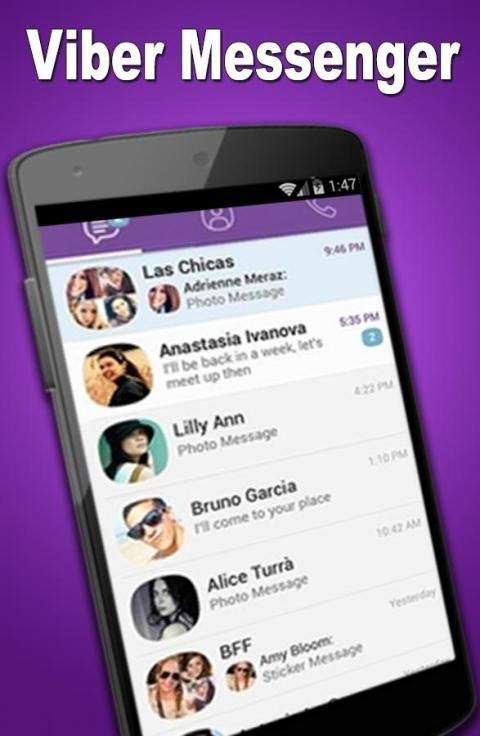 Some are free, and some have a fee.
Some are free, and some have a fee. - Probably the most requested fee-based feature is Viber Out. It allows users to make calls from the app to any phone number. Once a user loads money onto their account, they can call to any landline or mobile number. The charges vary, depending on the country. Viber Out works for international calls as well.
Business solutions
Despite the former intention of the founders to refrain from using ads on Viber, Rakuten offers different advertising options for businesses.
- Ads. Companies can place their banner after a user call. In the chat list, ads can be displayed with a website link. By default, ads are displayed, based on user preferences and interests. However, a user can allow or deny the content personalization in the Privacy settings. Read about the Viber security system.
- Promo stickers. A company can create branded stickers and place them in Viber, improving customer awareness and loyalty.

- Ecommerce. Viber has developed an option for retailers that allows them to sell products directly in a chat. It is designed to engage users and complete transactions.
- An important source of Viber’s income is business messaging. Companies pay monthly fees to send messages to their subscribers. Companies, verified by Viber, are marked with a Green V. This guarantees that the company will not spam or send prohibited content. To use this option, a company needs to get an official “alpha name” in Viber. The cost of business messaging is different for different regions.
Before Rakuten bought Viber, it wasn’t profitable. In 2019, we still cannot be sure about its profitability. From Rakuten’s official reports, there is no specific breakout of numbers for Viber, as their financials are summarized by business areas. But given the general indicators of business growth, it is likely that Viber has been a good investment for them.
According to Statista, Rakuten’s income growth is stable.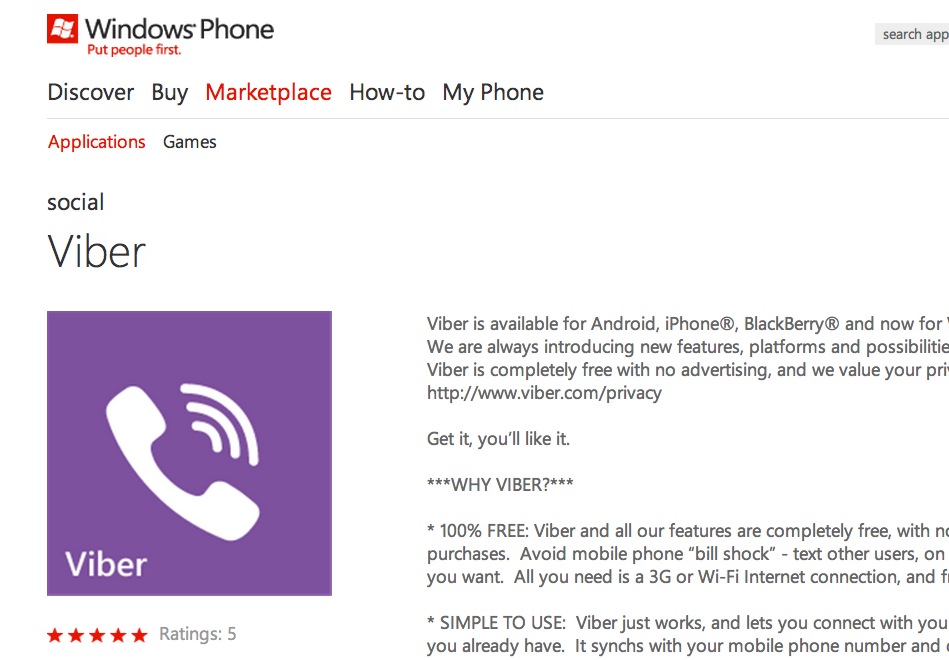 Their official plans include further investment in the mobile segment and expanding the membership base.
Their official plans include further investment in the mobile segment and expanding the membership base.
Conclusions
Today, Viber remains free for its 1 billion+ users. Anyone can install it on their smartphone, or onto a desktop device, send text messages, photos, documents, or media content, and make calls to friends without any charges. And, despite being free, Viber is profitable. Rakuten’s business strategy includes paid services for users (stickers, games, Viber Out calls) and options for business (ads, business messages). The company combined a variety of marketing strategies to generate revenue. Rakuten continues to expand the app’s capabilities, attract more users worldwide, and provide service stability. Viber’s future seems bright.
TIP
The Gravitec.net service is an easy-to-use platform for sending push notifications from websites. Push technology enables you to inform subscribers of updates and new posts. You can also create targeted and triggered campaigns, send notifications automatically, and see campaign statistics.
Previous postNext post
How does Viber make money and is it going to go public
We talked about Viber's business model with Cristina Konstandache, Vice President for Global Partnerships.
What is Viber's business model based on? What are the company's performance in terms of net profit and revenue over the past few years? Is it possible to grow and at the expense of what?
We strive to work on a B2B2C model that takes into account the interests of end users and business equally. Viber is no longer just a communication app, today our platform has much more to offer.
What are we doing for users? We try to anticipate their desires and introduce new features that would cover all areas of their interests. So, in the spring we launched the possibility of online shopping directly in chats. We can choose something from the stores of our partners, send the product for discussion to your interlocutor or immediately buy it. Or here's another example: at the end of summer, we started testing integration into Viber of the Yandex.Zen platform to find out how interesting it would be for users to read the news selected for them in our application.
Or here's another example: at the end of summer, we started testing integration into Viber of the Yandex.Zen platform to find out how interesting it would be for users to read the news selected for them in our application.
If we consider the business component of the issue, then Viber has three monetization models. These are income from telecom services, income from business messages and income from advertising. They bring us 40-45%, 30-35% and 15% profit respectively.
Telecom services include calls from the application to mobile numbers of people who do not have Viber. We call this feature Viber Out, and it's primarily intended for international calls. If you wish, you can even call a landline phone, there are no restrictions.
Business messages are an analogue of the traditional SMS mailing, which we offer companies on favorable terms. If any organization chooses Viber to send messages to its customers, then it pays for the number of messages that were received and read by the recipient. In the case of traditional SMS, the company pays for the mailing. Add to that noticeably different message volume limits: in Viber you can send up to 1000 characters, and in SMS only up to 70. We also allow you to add multimedia content.
In the case of traditional SMS, the company pays for the mailing. Add to that noticeably different message volume limits: in Viber you can send up to 1000 characters, and in SMS only up to 70. We also allow you to add multimedia content.
And finally, Viber has several types of native advertising. We know that users have stopped paying attention to standard banner ads, so we choose places and formats for integration that automatically attract attention. These are banner and video ads in the desktop version, ads at the end of the call, posting information on the sticker download page, and branded stickers themselves.
Due to all of the above, we are growing and doing it quite confidently. In 2017, our user base grew by 20% and revenue by 100%. In 2018, Viber reached 1 billion users worldwide. We value our audience and partners, and we have big plans for the development and improvement of the application.
Does Viber have plans to raise funds from investors through an IPO? Twitter and Facebook have already gone this way.
In our development, we do not focus on social networks like Twitter or Facebook and follow a separate course. Since February 2014, Viber has been 100% owned by the Japanese company Rakuten . Perhaps someday management will consider this possibility, but so far I do not know anything about it.
Viber has a lot of competitors, I myself use instant messengers: Whatsapp, Facebook Messenger, Telegram, I used to use ICQ and Skype. So far, I see no reason for myself to start using Viber. Can you name the benefits that will help me become a user?
I believe that the main advantage of Viber is its versatility. In our application, you can communicate with family and friends in the way that is convenient for you: chat, like in any messenger, make video calls, like in Skype or Whatsapp, receive and store messages from companies in one folder, like in none of the the applications you named.
In addition, our chats offer a wide range of additional features for your convenience. You can create surveys in them, make purchases, translate messages from a foreign language into Russian. Chats can be hidden from prying eyes with a password, create and use your own stickers. In addition, Viber is the most popular travel messenger, and in addition to the named Viber Out feature, we have a service called "Local Number". Its essence is that you subscribe to a phone number in the selected country, so that users can call you or send SMS at local rates, regardless of your location.
You can create surveys in them, make purchases, translate messages from a foreign language into Russian. Chats can be hidden from prying eyes with a password, create and use your own stickers. In addition, Viber is the most popular travel messenger, and in addition to the named Viber Out feature, we have a service called "Local Number". Its essence is that you subscribe to a phone number in the selected country, so that users can call you or send SMS at local rates, regardless of your location.
Viber also has chatbots, games, and communities that you can subscribe to to keep up to date with the latest news and have a good time.
And one of the most important advantages of our application is its security. End-to-end encryption is enabled by default in Viber, unlike some other platforms. This means that the data of the correspondence is stored only on the devices from which it is conducted, and no one can take possession of your information or intercept it on the way to the respondent.
Complementing the previous question, I am the editor-in-chief of the Internet publication Fomag.ru (Financial One). We actively use social networks and instant messengers in our work to draw attention to our publications. What options does Viber have that would help me in my work?
Create your own community on Viber - it's free and pretty easy. In it, you can specify up-to-date information about your publication and publish photos and news with links leading to the official website. In addition, you can set up feedback with users: get their opinion through polls, measure audience interest by post likes, or make the community open by allowing your readers to communicate with each other. In this case, you will be assigned the role of an administrator with extensive rights for moderation.
I'm also very interested in traffic, that is, the audience of Viber users. Do open sources have this data in dynamics for several years?
Our audience is growing steadily, and in 2018 we hit the milestone of 1 billion users.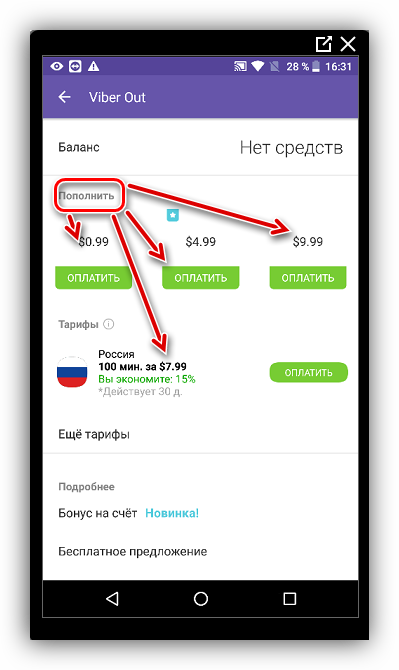
Periodically, analytics companies measure our audience and share this information. So, in September 2019, Deloitte conducted a survey of 1,600 Russians in 250 locations across the country and found out that Viber is the second most popular communication application. It was installed in 57% of the people surveyed. At the same time, the study notes that the number of people who use it has increased by 5 points over the year.
How does Viber plan to evolve? What services will appear? Will you focus on introducing simple games such as chess and others so that users can play with each other, as is done in Facebook Messenger?
We are constantly looking for new opportunities for the development of the application. Today, banks are actively using Viber - they send transactional messages to customers about replenishing the balance or debiting funds. In the future, we plan to introduce the ability to transfer money directly to Viber.
As for the games, they are already in the application, you can find them by searching.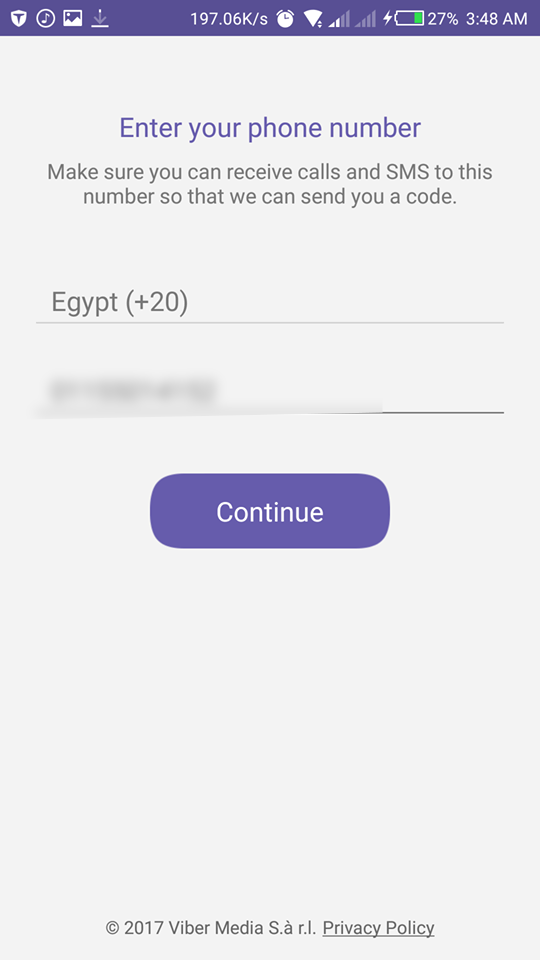 Viber has both games from other companies and their own. To find them, you just need to enter Rakuten Games in the community search bar, after which the chatbot will prompt you to select a game from the list. There is no chess yet, but there are other entertainments with the heroes of some official sticker packs.
Viber has both games from other companies and their own. To find them, you just need to enter Rakuten Games in the community search bar, after which the chatbot will prompt you to select a game from the list. There is no chess yet, but there are other entertainments with the heroes of some official sticker packs.
How many people work in Viber? Where is the central office located? What specialists does the company need for further development?
We have offices all over the world - in San Francisco, Minsk and Tel Aviv, Moscow and Kyiv, London and Paris. Our staff consists of about 500 people. Each employee contributes to the development of Viber.
We work with very talented specialists, and the only thing that can hinder further development is the fact that not always different directions can be developed simultaneously. We focus on a specific task and work on it in order to present the finished product to users. After this task is completed, we move on to the next one.
Have many instant messengers and social networks already implemented payment systems? Does Viber have this?
We cooperate with many banks that send transactional notifications to their customers in Viber. We are also considering options for transferring funds in the application itself. Today, users can send different amounts to each other on Viber thanks to the Moneytou feature. So far, this development is available to residents of Hungary and Ukraine, where users can try Moneytou by registering their bank cards.
The service is based on MoneySend Mastercard technology by Mastercard and Viber. Moneytou is developed by NeoPay and owned by GB & Partners. The financial and technology expertise of the service is provided by Libra Internet Bank and Wirecard.
I would also like to ask about bots. Is it easy to set them up in Viber?
Yes, there is nothing difficult in this. To create a chatbot in Viber, you need to contact us and provide general information: the name and cover photo of your bot, category and subcategory, as well as a short description of the project. After that, we check the data and add it to your bot's information page, which can be found by searching or following a link on your site.
After that, we check the data and add it to your bot's information page, which can be found by searching or following a link on your site.
If your bot has been approved, you automatically become its administrator and can either publish it or keep it hidden, that is, available only by invitation.
Share ways to make money in Viber for messenger users. Which of the users managed to earn really a lot on this?
We offer cooperation options for companies, but we do not have specific offers for individual users. We can offer them exactly the same services as for business.
Maybe users communicate in Viber for work and conduct some kind of business, but we do not have correspondence data, and therefore access to the transmitted content. So we don't know if anyone managed to earn a large amount thanks to our application. And even if we wanted to, we would not be able to find out.
Facebook is working on launching its own Libra cryptocurrency.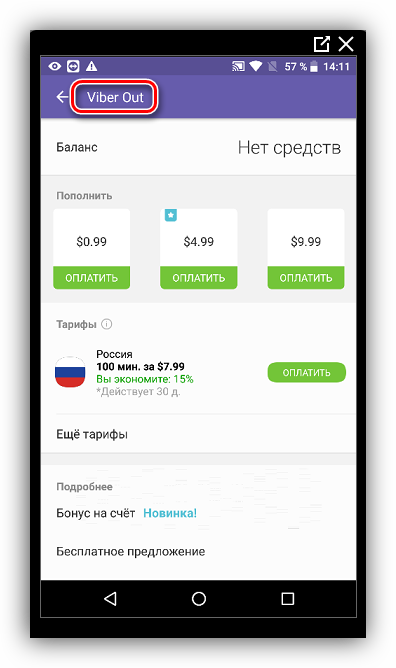 Is Viber planning to make its own currency?
Is Viber planning to make its own currency?
Facebook, like Telegram, is now experiencing problems with partners and regulation. Telegram is already going to suspend cryptocurrency support, let's see what Facebook will do. Our parent company, Rakuten, has plans in place for this, and while there is currently no specific scenario for supporting cryptocurrencies on Viber, it may be in the future.
First, we will talk about the American holding. Ford has worked hard over the years to cut costs and focus on stronger brands.
One of the cost optimization strategies was the sale of non-core assets. In 2010, the automaker sold Volvo to the Chinese company Zhejiang Geely Holding. However, due to weakening sales, Ford decided to expand the range of cars produced.
Ford's Smart Mobility division was created in 2016 to develop self-driving cars. In parallel, the company announced an increase in the range of electric vehicles, as this is a key promising market for the entire industry.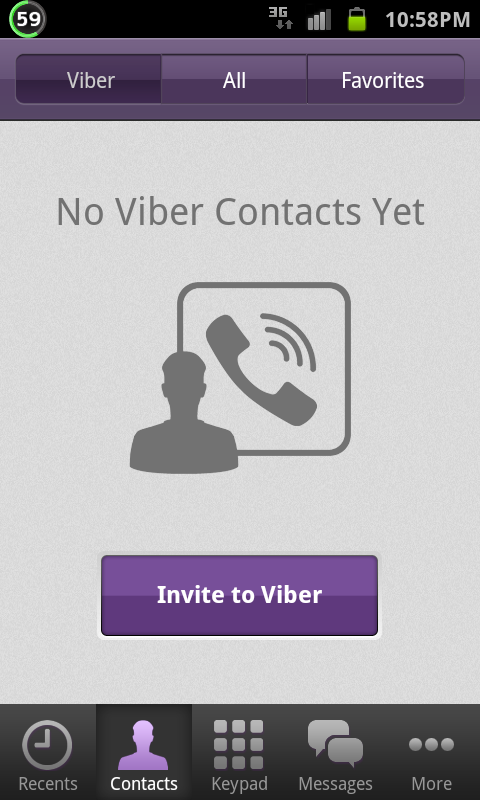 The company focuses on the production of pickup trucks, SUVs and crossovers.
The company focuses on the production of pickup trucks, SUVs and crossovers.
Continuation
TOP 6 ways to make money in Viber
Hello, Dear friends! Earnings in Viber is not a myth, but a reality. Professionals remind that any messenger or social network provides sufficient opportunity to earn a stable income. In this case, for this You will have to work hard, but we are ready to simplify your task. Now we will tell some of the most effective and profitable ways to monetize.
Earnings in Viber - excellent way to monetize your free time. The messenger is interesting because it actively use in a mobile application, which means that no one even has to make special efforts or spend money on buying a laptop. So that an additional source of money is available to anyone in the country, especially since the time spent on promotion and achievement of the goal will not be the same already big.
Method 1. Private advertisements
Earnings in Viber became quite real after he turned into one of the most successful messengers.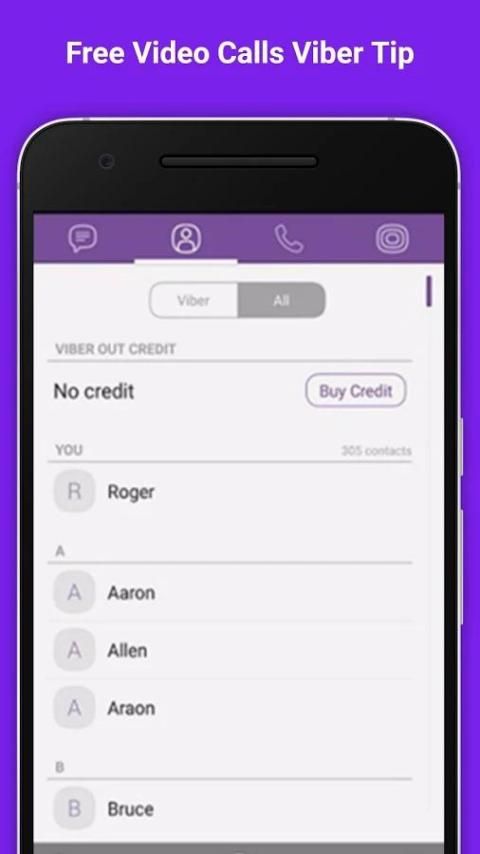 True, many people who communicate daily with it, They don't even know what opportunities are just around the corner. Actually In fact, having collected a large number in the contact list, you can safely place private ads. It may seem strange, but this option gives very good income.
True, many people who communicate daily with it, They don't even know what opportunities are just around the corner. Actually In fact, having collected a large number in the contact list, you can safely place private ads. It may seem strange, but this option gives very good income.
Gradually in new announcements appear on the messenger, and no one is surprised by them anymore. AT reality, many people are happy to get acquainted with them, knowing full well that These are just private offers that are convenient to use. Because of this it is enough to work hard, collecting permanent contacts, for example, friends in common hobbies, so that later you can calmly begin to receive a stable income with minimum expenses.
Method 2. Direct sales of goods
In addition, earnings in Viber can be organized in the form of direct sales of goods. For a long time, users did not know about this, and there is always the opportunity to spend a little time sending out several messages.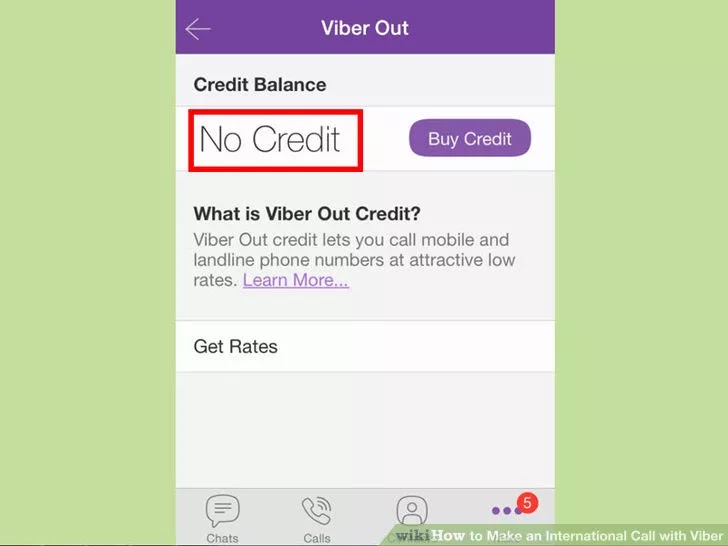 Usually they are not ordered by advertisers, and the person distributes "own products". We are aware of the incomprehensibility of this statement, so we want to tell a couple of important details. We also act on our channel in Telegram.
Usually they are not ordered by advertisers, and the person distributes "own products". We are aware of the incomprehensibility of this statement, so we want to tell a couple of important details. We also act on our channel in Telegram.
What can considered "own product"? In this case, there is nothing difficult or unusual. So, many users have long been accustomed to preparing various training courses or information products that can interest a wide audience. AT In this case, they need to learn how to properly monetize personal skills and knowledge. This will allow not only to distribute useful data, but also to receive certain funds.
Method 3: Different brand recommendations
Also advertisers highly value recommendations from their own companies. It may seem like a complicated approach, but it will help you earn money in Viber. Gradually, the "sellers" will begin to contact the owner of one or another account, knowing full well that it is they who will be able to attract new customers. They are ready to pay money, which means that you need to use the provided capabilities.
They are ready to pay money, which means that you need to use the provided capabilities.
Recommending certain brands, a person does not have to make an effort. In this messenger, everything will be limited to sending messages to all your contacts. Tem however, this option will give good results that will allow without much work to secure decent cash payments. Moreover, increasing the number constant contacts will increase the cost of advertising, and at the same time own profit.
Method 4. Transferring readers to other sites
If earnings on Viber looks too complicated, you should think about indirect income. His can be provided through other sites where it works freely internal monetization. Transitions to social network groups or to the same YouTube give quite stable income. Yes, some people are not interested in such things. amounts, but they can be a good help at the stage of promoting your own communities.
Long time people did not know how to use the maximum of available monetization methods.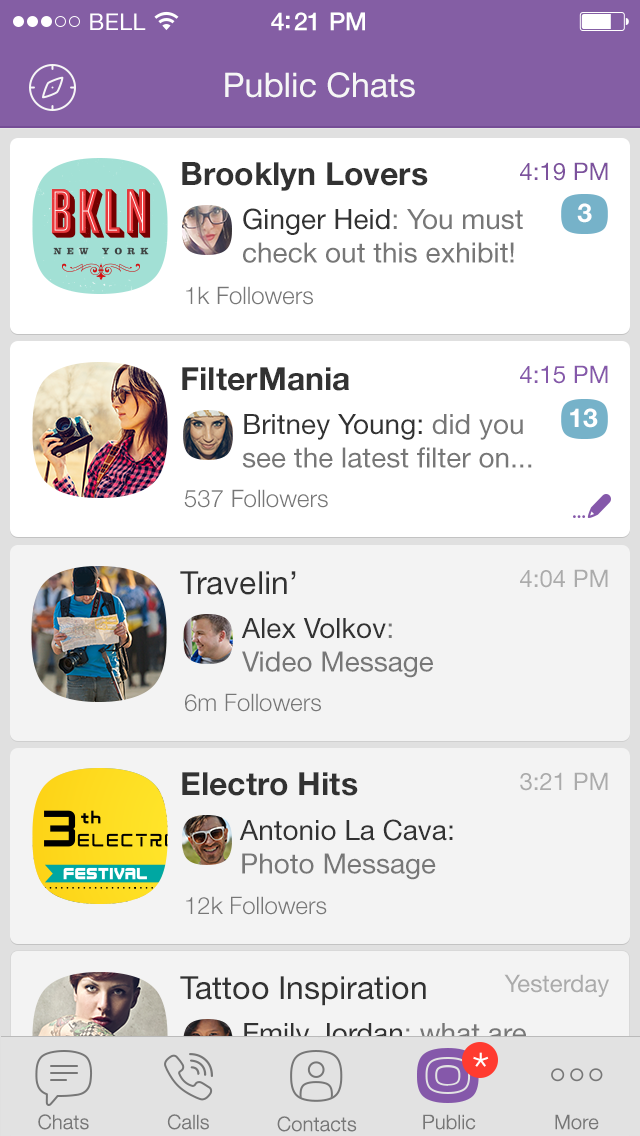 Today it is better to get acquainted with several of them at once, which means that the association immediately several sites becomes the most successful option. Among your contacts, there will surely be people with whom you have common preferences and hobbies. This should be used so that the first account receipts.
Today it is better to get acquainted with several of them at once, which means that the association immediately several sites becomes the most successful option. Among your contacts, there will surely be people with whom you have common preferences and hobbies. This should be used so that the first account receipts.
Method 5. Business account
In addition, earnings in Viber can be quite official. For this, they are used business accounts created solely for direct selling or providing services. Usually they are specifically indicated in groups of social networks or on main pages of sites for direct contact with a specialist. Such a decision may seem imperfect, but should often be used to ensure stable relationship with potential customers.
Straight Contacts are an important part of any business. And through the messenger you can even freely refuse to open their own office or workshop. Reality suggests that today it is much easier and more useful to make an appointment, and then sort it out locally. "Personal contact" guarantees quick understanding and clarification of even the smallest details. Accordingly, people are happy again will turn to the same master and advise him to their friends and acquaintances.
"Personal contact" guarantees quick understanding and clarification of even the smallest details. Accordingly, people are happy again will turn to the same master and advise him to their friends and acquaintances.
Method 6. Selling an account in Viber
Finally, earnings on an account in Viber can be a direct sale of it. Today many companies are happy to buy certain items that are suitable for their business. In many cases, this option does not need to be abandoned, because in the absence of your own ideas about monetization, it is better to get a one-time and completely decent income.
If you want refuse further promotion, you can use the service with guaranteed deals. It will not require a high percentage, and will also exclude danger of deceit. Accordingly, you do not have to worry about any potential problem. Let it be possible to secure a permanent income, but in some cases it is much more pleasant to give away your own account a person who is ready to do it to the fullest.


